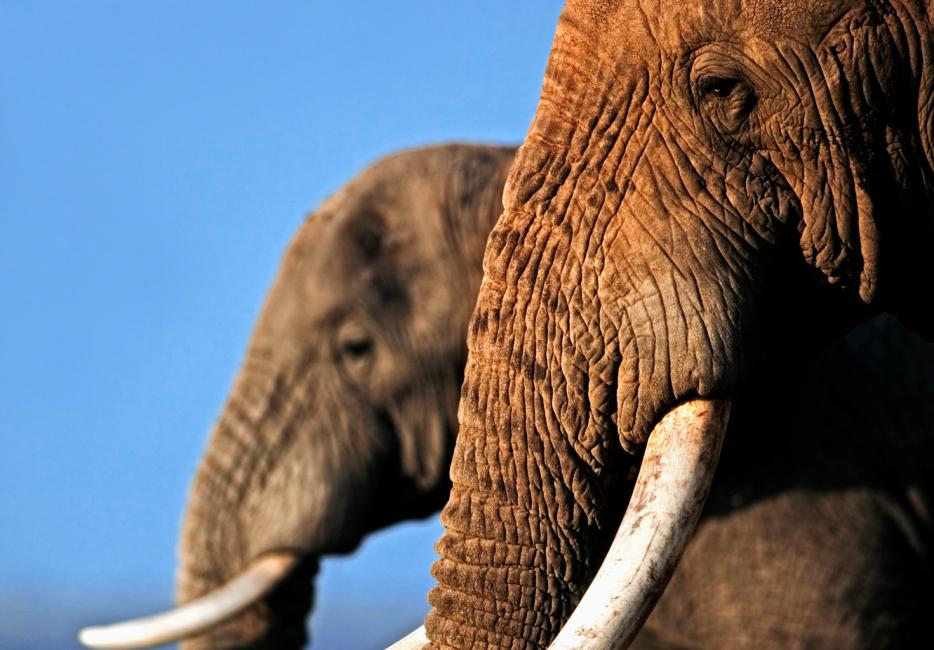
African elephant: strong, smart, but vulnerable species:
Affected by: Illegal wildlife trade , Habitat loss and fragmentation , Human-elephant conflict
Affected by: Illegal wildlife trade , Habitat loss and fragmentation , Human-elephant conflict
African elephants are the world's largest land mammals, with males, on average, reaching up to 3m in height and weighing up to 6 tonnes.
Following population declines over several decades due to poaching for ivory and loss of habitat, the African forest elephant is now listed as critically endangered. The African savanna elephant is also listed as endangered on the IUCN Red List of Threatened Species.
The number of African forest elephants fell by more than 86% over a period of 31 years, while the population of African savanna elephants decreased by at least 60% over the last 50 years, according to the assessments. Both species have suffered sharp declines since 2008 due to a significant increase in poaching, which peaked in 2011 but continues to threaten populations. At present, there are around 415,000 African elephants in the wild.
Other major threats to both African elephant species include the ongoing conversion of their natural habitats for agriculture and other land uses.
We're doing all we can to help, from monitoring herds, to training community rangers and protecting habitat. In safeguarding elephants, we’re also helping support local communities through measures to reduce human-elephant conflict and initiatives to support local livelihoods. We need your help to protect them.
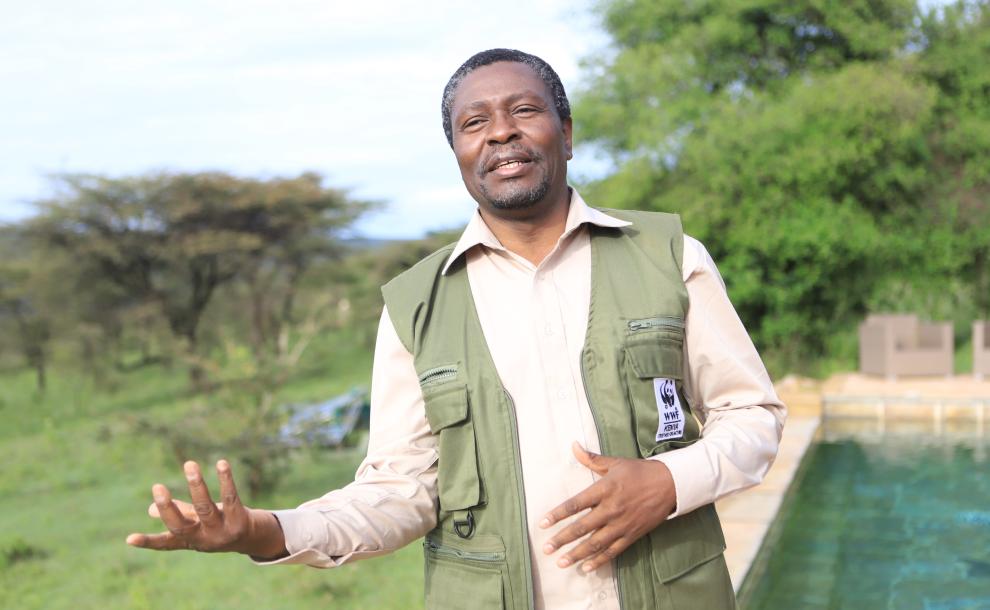
When considering connectivity, we talk about ‘corridors’ and ‘dispersal areas’. It’s important to make sure that corridors are functional, providing the space to support wildlife movements. One way of measuring connectivity is to collar elephants. This helps us to monitor how elephants move across habitats and whether they are using ‘wildlife corridors’ in search of food, water or breeding opportunities.
Manager, South of Kenya Programme, WWF-Kenya
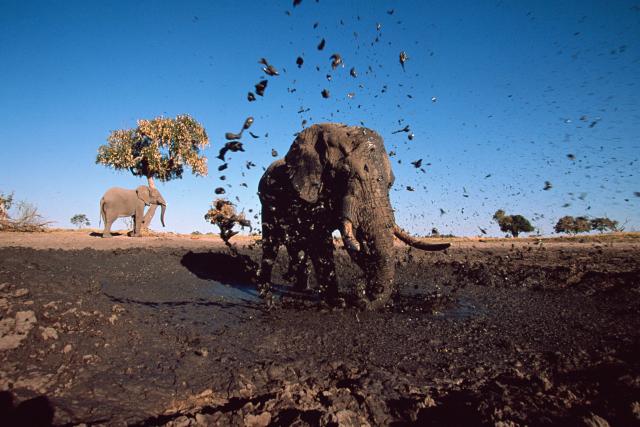
Where do African Elephants live?
African elephants are found in 37 countries in sub-Sahara Africa, with an estimated 70% in Southern Africa, 20% in Eastern Africa, 6% in Central Africa and 3% in West Africa.
Elephants need a lot of land to find enough food and water. They can roam across more than 30,000 sq km. But the space available to elephants in Africa has more than halved since 1979.
They’re still doing well in some secure areas, where numbers are even increasing, but in other places they’ve been forced to live in smaller, isolated groups and their numbers are getting dangerously low.
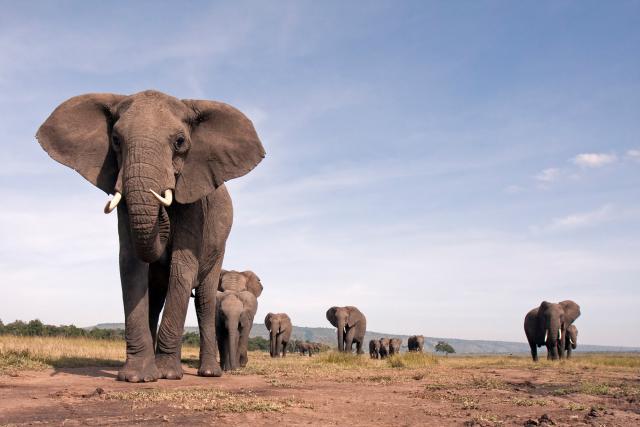
Why African elephants are so important
Elephants play an essential role in their environment. They're ‘landscape architects’ – for instance as they move around and feed, they create clearings in wooded areas, which lets new plants grow and forests regenerate naturally.
And then there’s seed dispersal. When elephants eat seed-bearing plants and fruits, the seeds often re-emerge undigested. It’s the way a lot of plants spread. And elephants can eat big seeds that small animals can’t.
Without elephants, the natural structure and functioning of their landscapes would be very different, which would have impacts on the other wildlife and the people who share that space.
Local people depend on natural resources found in elephant habitats, for example for food, fuel and income. As one of Africa’s wildlife ‘big five’, elephants are popular with tourists, which can be an important source of income for communities.
By helping protect elephants we’re also helping make sure their environment and its natural resources are available for generations to come.
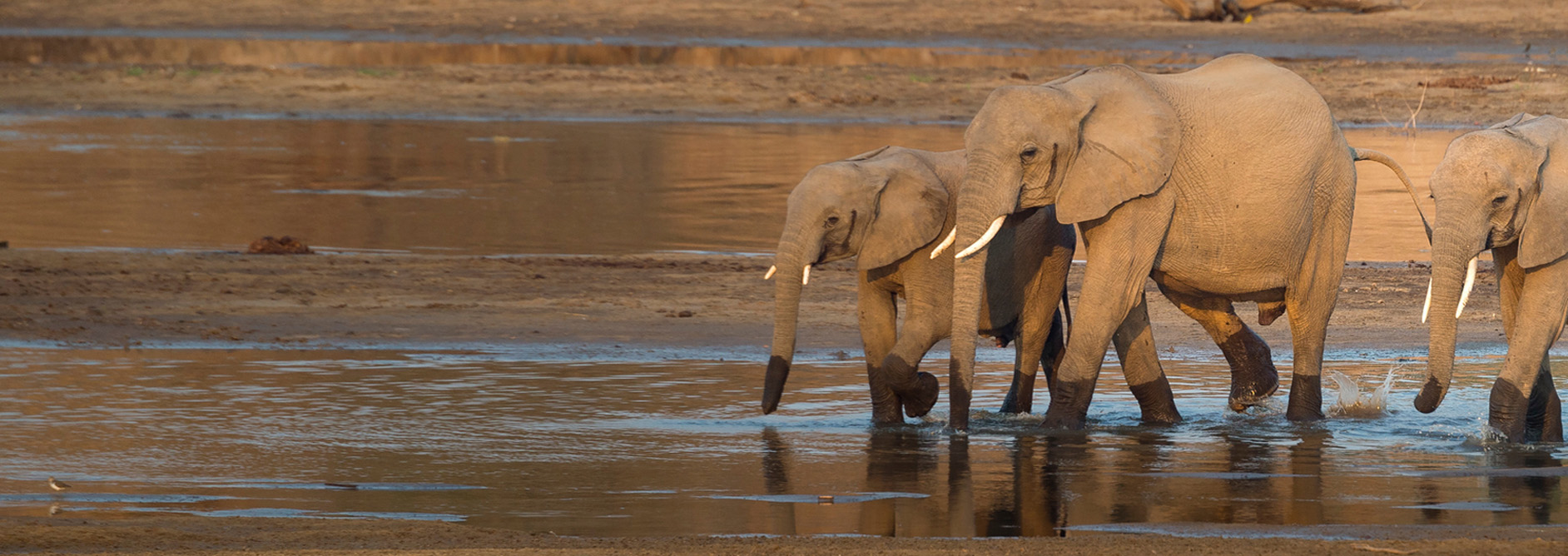
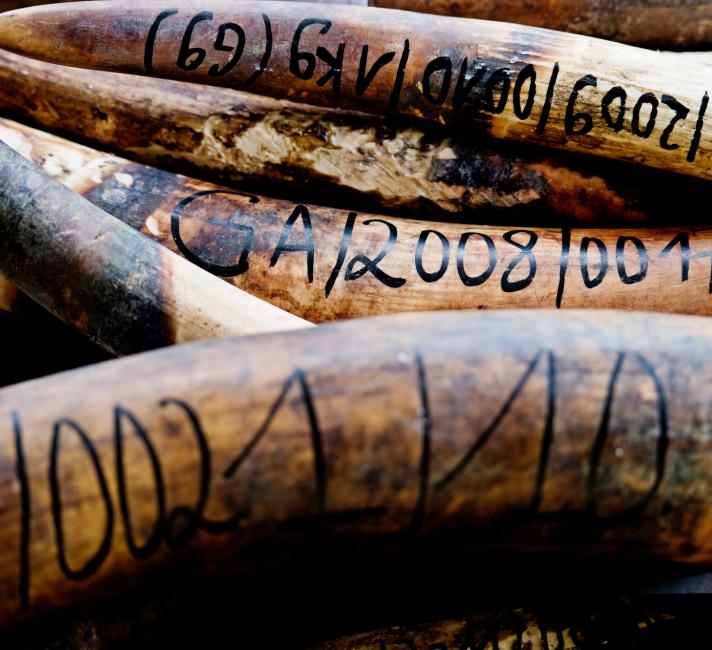
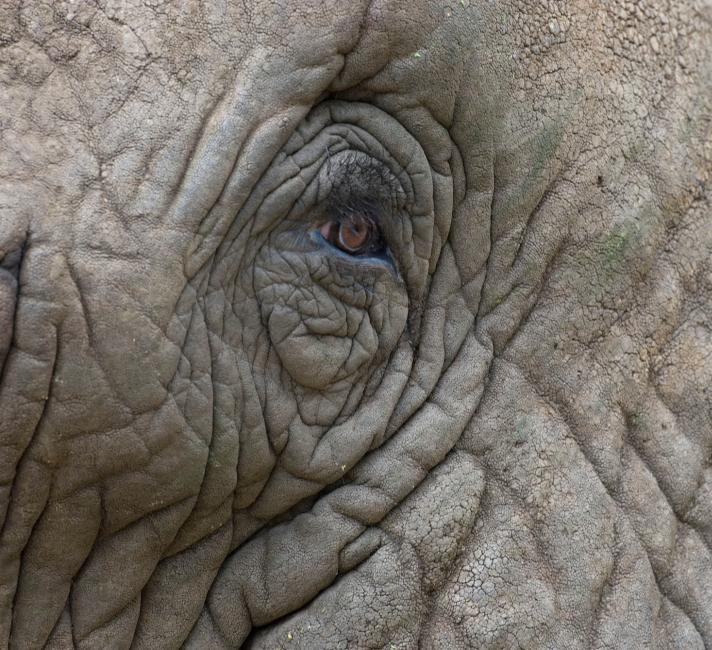
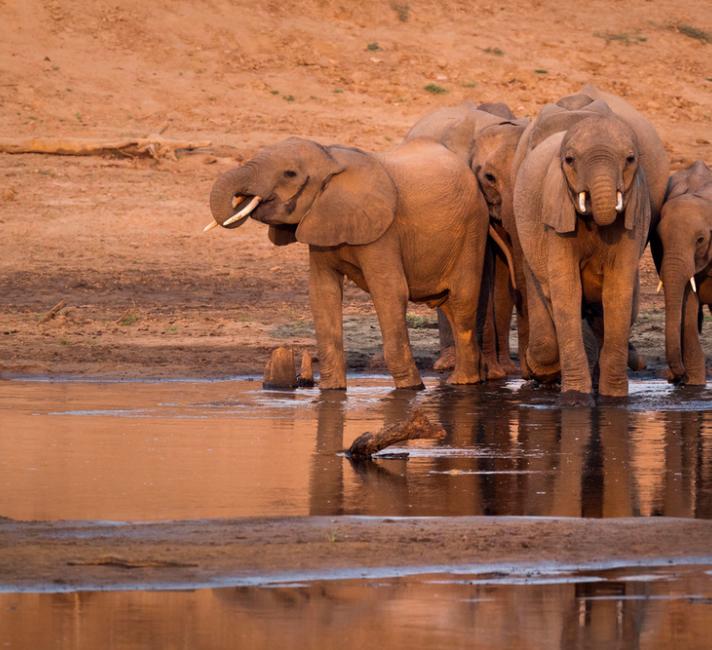
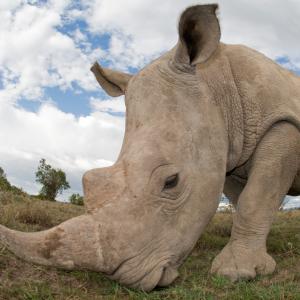 Rhinoceros: Africa's armoured giant
Rhinoceros: Africa's armoured giant
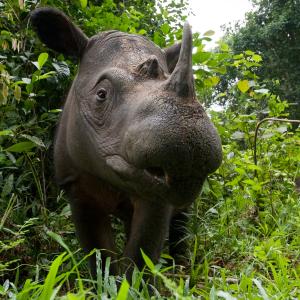 Asian rhinos: armour-plated landscapers
Asian rhinos: armour-plated landscapers
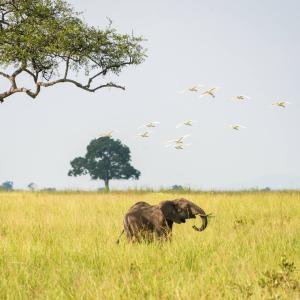 World Elephant Day 2025
World Elephant Day 2025
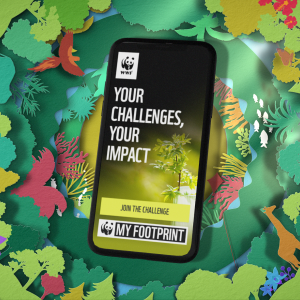 Download WWF's My Footprint app
Download WWF's My Footprint app